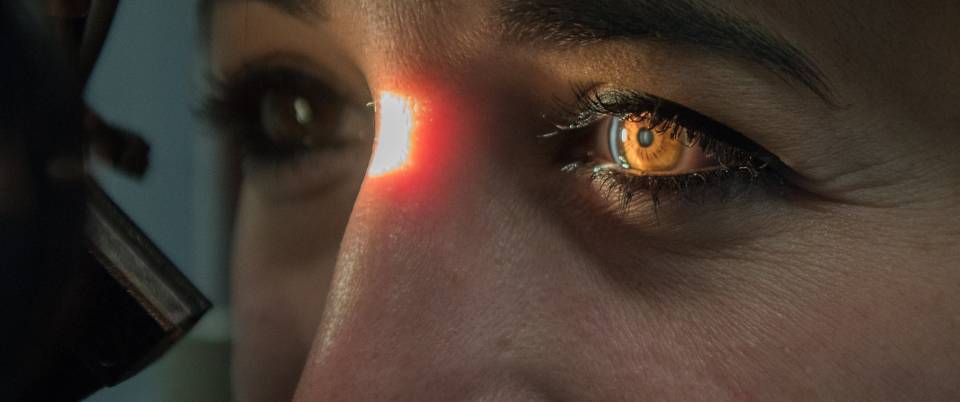5 February 2020
Substantiated information by:

Alfredo Adán Civera
Ophthalmologist
Ophthalmology Department

Marina Mesquida Febrer
Oftalmóloga
Servicio de Oftalmología

Víctor Llorens Bellés
Ophthalmologist
Ophthalmology Department
Published: 20 February 2018
Updated: 3 December 2019
The donations that can be done through this webpage are exclusively for the benefit of Hospital Clínic of Barcelona through Fundació Clínic per a la Recerca Biomèdica and not for BBVA Foundation, entity that collaborates with the project of PortalClínic.
Subscribe
Receive the latest updates related to this content.
Thank you for subscribing!
If this is the first time you subscribe you will receive a confirmation email, check your inbox
An error occurred and we were unable to send your data, please try again later.
